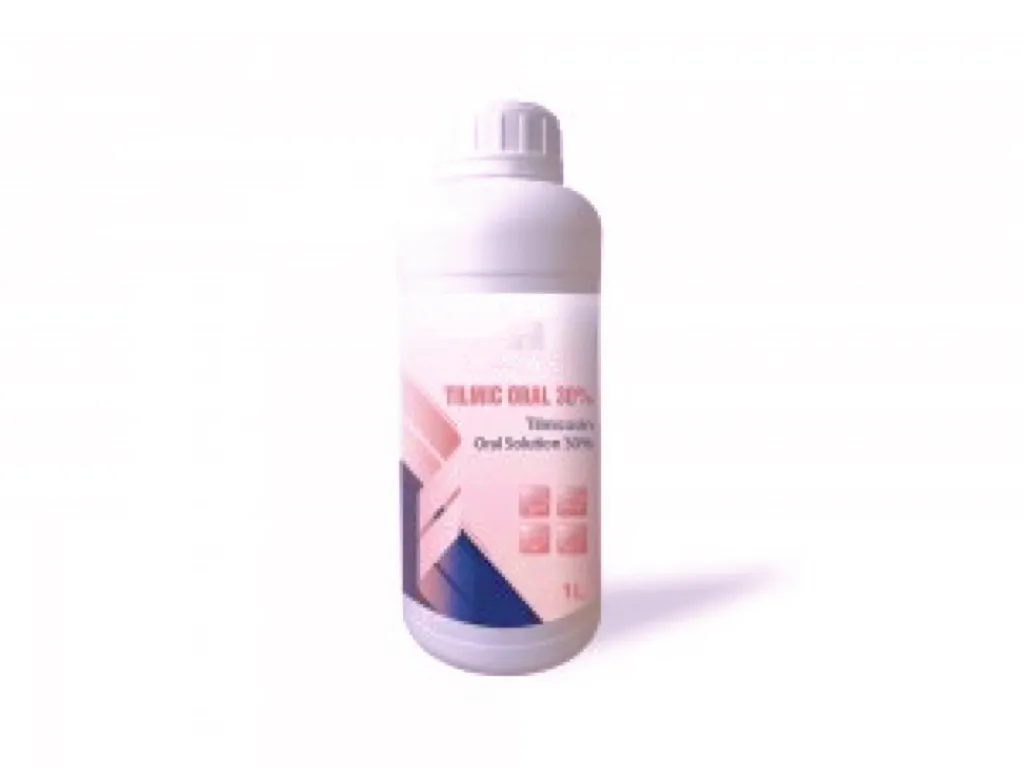- Afrikaans
- Albanian
- Amharic
- Arabic
- Armenian
- Azerbaijani
- Basque
- Belarusian
- Bengali
- Bosnian
- Bulgarian
- Catalan
- Cebuano
- Corsican
- Croatian
- Czech
- Danish
- Dutch
- English
- Esperanto
- Estonian
- Finnish
- French
- Frisian
- Galician
- Georgian
- German
- Greek
- Gujarati
- Haitian Creole
- hausa
- hawaiian
- Hebrew
- Hindi
- Miao
- Hungarian
- Icelandic
- igbo
- Indonesian
- irish
- Italian
- Japanese
- Javanese
- Kannada
- kazakh
- Khmer
- Rwandese
- Korean
- Kurdish
- Kyrgyz
- Lao
- Latin
- Latvian
- Lithuanian
- Luxembourgish
- Macedonian
- Malgashi
- Malay
- Malayalam
- Maltese
- Maori
- Marathi
- Mongolian
- Myanmar
- Nepali
- Norwegian
- Norwegian
- Occitan
- Pashto
- Persian
- Polish
- Portuguese
- Punjabi
- Romanian
- Russian
- Samoan
- Scottish Gaelic
- Serbian
- Sesotho
- Shona
- Sindhi
- Sinhala
- Slovak
- Slovenian
- Somali
- Spanish
- Sundanese
- Swahili
- Swedish
- Tagalog
- Tajik
- Tamil
- Tatar
- Telugu
- Thai
- Turkish
- Turkmen
- Ukrainian
- Urdu
- Uighur
- Uzbek
- Vietnamese
- Welsh
- Bantu
- Yiddish
- Yoruba
- Zulu
Dic . 10, 2024 18:03 Back to list
ivermectin injection for piglets
The Use of Ivermectin Injection in Piglets An Overview
Ivermectin is a broad-spectrum antiparasitic agent that has been widely used in veterinary medicine for the treatment of various parasitic infections in livestock, including piglets. This drug is known for its efficacy against a variety of parasites such as nematodes, ectoparasites, and some external and internal parasites. The use of ivermectin injections in piglets has become increasingly popular among veterinarians and swine producers due to its effectiveness and ease of administration. In this article, we will explore the benefits, dosage, administration, and safety considerations of ivermectin injection for piglets.
Benefits of Ivermectin in Piglets
Ivermectin has several advantages when used in pig farming. First and foremost, it provides effective control of common parasites such as mites, lice, and gastrointestinal worms. These parasites can significantly impact the health, growth, and overall productivity of piglets. By addressing these issues promptly, farmers can ensure better feed conversion rates and enhanced weight gain in their livestock.
Another benefit of ivermectin is its long-lasting action. A single injection can provide extended protection against various parasites, reducing the need for frequent treatments. This not only decreases the labor involved in the administration of treatments but also minimizes stress for the animals. Additionally, ivermectin is generally well-tolerated and has a favorable safety profile, making it a reliable choice for producers.
Dosage and Administration
The proper administration of ivermectin is critical to ensuring its effectiveness and safety. The typical dosage for piglets is based on their body weight, and it is generally recommended to administer ivermectin at a dose of 0.2 mg/kg of body weight. While injectable formulations are available, oral formulations may also be used; however, injections often lead to better bioavailability and faster action against parasites.
ivermectin injection for piglets

For piglets, the injection is usually administered subcutaneously or intramuscularly. It is important to use aseptic techniques when administering injections to prevent the introduction of infections. Producers should also be mindful of the withdrawal period; following ivermectin administration, piglets should not be slaughtered for food until the withdrawal time has elapsed, as per veterinary advice and local regulations.
Safety Considerations
While ivermectin is generally considered safe, it is essential to adhere to recommended dosages and handling procedures. Overdosing can lead to toxicity, which may manifest in symptoms such as depression, tremors, or even death in severe cases. Furthermore, some individual piglets may have hypersensitivity to ivermectin, so monitoring for adverse reactions after administration is advisable.
It is also crucial to consider potential drug interactions. Ivermectin should not be used in conjunction with certain medications that may influence its efficacy or safety. Therefore, it is critical to consult with a veterinarian before administering ivermectin and to provide a full health history of the piglets.
Conclusion
Ivermectin injection serves as a valuable tool in the control and management of parasitic infections in piglets. Its effectiveness, ease of administration, and favorable safety profile make it a preferred choice for many swine producers. However, responsible usage, including correct dosing, adherence to withdrawal times, and careful monitoring, is paramount to ensuring the health of piglets and the safety of the food supply. By implementing such practices, farmers can contribute to the overall well-being of their livestock and optimize their production efficiency. As the farming landscape continues to evolve, the use of effective parasitic control methods will be essential to maintain healthy pig populations and ensure sustainable livestock production.
-
Guide to Oxytetracycline Injection
NewsMar.27,2025
-
Guide to Colistin Sulphate
NewsMar.27,2025
-
Gentamicin Sulfate: Uses, Price, And Key Information
NewsMar.27,2025
-
Enrofloxacin Injection: Uses, Price, And Supplier Information
NewsMar.27,2025
-
Dexamethasone Sodium Phosphate Injection: Uses, Price, And Key Information
NewsMar.27,2025
-
Albendazole Tablet: Uses, Dosage, Cost, And Key Information
NewsMar.27,2025













